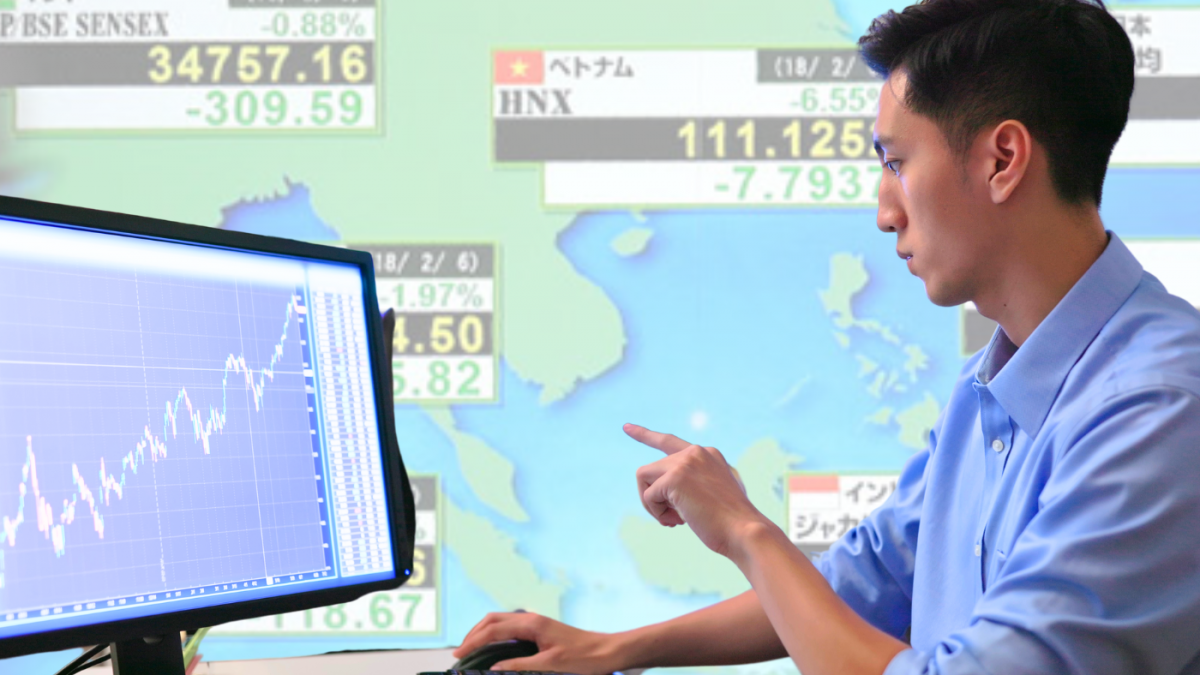2. Implications of the Ruling
Selena Ling, Chief Economist at OCBC, noted that the court order mandates a halt in tariff collection within 10 days, but it does not cancel the tariffs entirely. They remain enforceable until a Supreme Court ruling is made. The suspension also does not apply to the 25% tariffs on autos, steel, and aluminum.
Markets rallied on investor optimism that tariffs might be paused or scrapped. However, Ling warned that new tariffs—especially those targeting semiconductors and pharmaceuticals—may still be implemented.
3. Expert Insights
David Chua, Chief Strategist at Amundi Asia, commented: “Markets are reacting to headlines, both good and bad. Investors should adopt a longer-term outlook rather than react to short-term news flow.”
Cliff Tan, Senior FX Strategist at MUFG, pointed out that the appeal process could drag on, and the Trump administration still has other legal avenues—such as tariffs against countries that “discriminate” against U.S. goods. However, proving such discrimination poses a legal challenge, potentially extending the period of uncertainty.
4. What This Means for Singapore
-
The U.S. is Singapore’s second-largest export market, accounting for 11% of total exports.
-
55% of Singapore’s U.S.-bound exports are affected by the proposed 10% baseline tariffs—mainly semiconductors, consumer electronics, and pharmaceuticals.
-
Steel, aluminum, and auto-related products make up only about 5% of the total.
Singapore’s Ministry of Trade and Industry has maintained a full-year GDP forecast of 0%–2%, reflecting continued external headwinds.
5. Business Takeaways
-
Monitor Trade Policy Developments: Adjust export plans accordingly to manage risk.
-
Diversify Supply Chains: Consider alternative manufacturing bases in ASEAN or locally.
-
Manage FX Exposure: Use forward contracts or other hedging tools to minimize USD volatility risks.
While the court’s decision offers temporary relief, the long-term effects of the tariff war are far from over. Singapore-based companies must remain agile and resilient in navigating global uncertainty.



